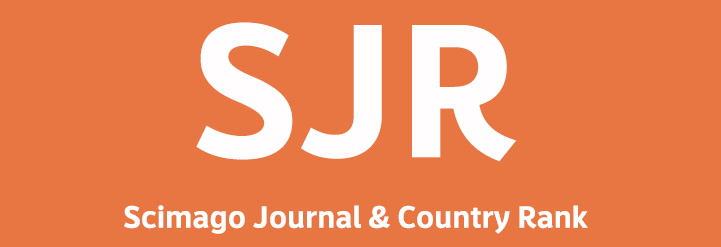PRECISION OF THE OCTANE NUMBER MEASUREMENT FOR GASOLINE BY PETROLEUM LABORATORIES IN ASEAN COUNTRIES (1999)
DOI:
https://doi.org/10.29017/SCOG.23.1.1080Keywords:
Gasoline, Petroleum, LaboratoriesAbstract
A high precision of octane number measurement according to standard measurement and to standard requirement is a must in the refining industry. The ASEAN Council on Petroleum (ASCOPE) Correlation Programme is conducted to obtain the precision of octane number measurement data for gasoline the normally used methods of ASTM D 2699 and IP 239. This programme is participated by 19 petroleum laboratories in ASEAN Countries. The test results of the various participating laboratories are subjected to statistical analysis to determine their average value, variance, standard deviation, and to rejected the outlier values. The Grubb T-Test method was used for the statistical rejection of outliers. This method appears to be quite satisfactory for ASCOPE purpose. The implementation of the Grubb T-Test ensures the laboratory consistency and this in turn will give the buyers or sellers of the gasoline confidence in the quality of the gasoline This paper presents the results of 26 ASCOPE Laboratories Test Correlation Programme for Octane Number Measurement (1999).References
N.N., 1980, ASTM Standards Test Methods for Rating Motor, Diesel and Aviation
Fuels, ST Philadelphia, USA.
E. Jasjfi, 1993, "Comparative Study on Procedures for Rejection of Outliers in
ASCOPE Laboratory Test Correlation Programme", Report, Lemigas, Jakarta.
N.N., 1974, "Precision and Statistic", by Ethyl Corporation Technical Services
Laboratories, USA, in June.
N.N., 1979, The Precision of Laboratory Testing
Downloads
Issue
Section
License
Copyright (c) 1970 SCIENTIFIC CONTRIBUTIONS OIL AND GAS (SCOG)

This work is licensed under a Creative Commons Attribution 4.0 International License.
Authors are free to Share — copy and redistribute the material in any medium or format for any purpose, even commercially Adapt — remix, transform, and build upon the material for any purpose, even commercially.
The licensor cannot revoke these freedoms as long as you follow the license terms, under the following terms Attribution — You must give appropriate credit , provide a link to the license, and indicate if changes were made . You may do so in any reasonable manner, but not in any way that suggests the licensor endorses you or your use.
No additional restrictions — You may not apply legal terms or technological measures that legally restrict others from doing anything the license permits.














